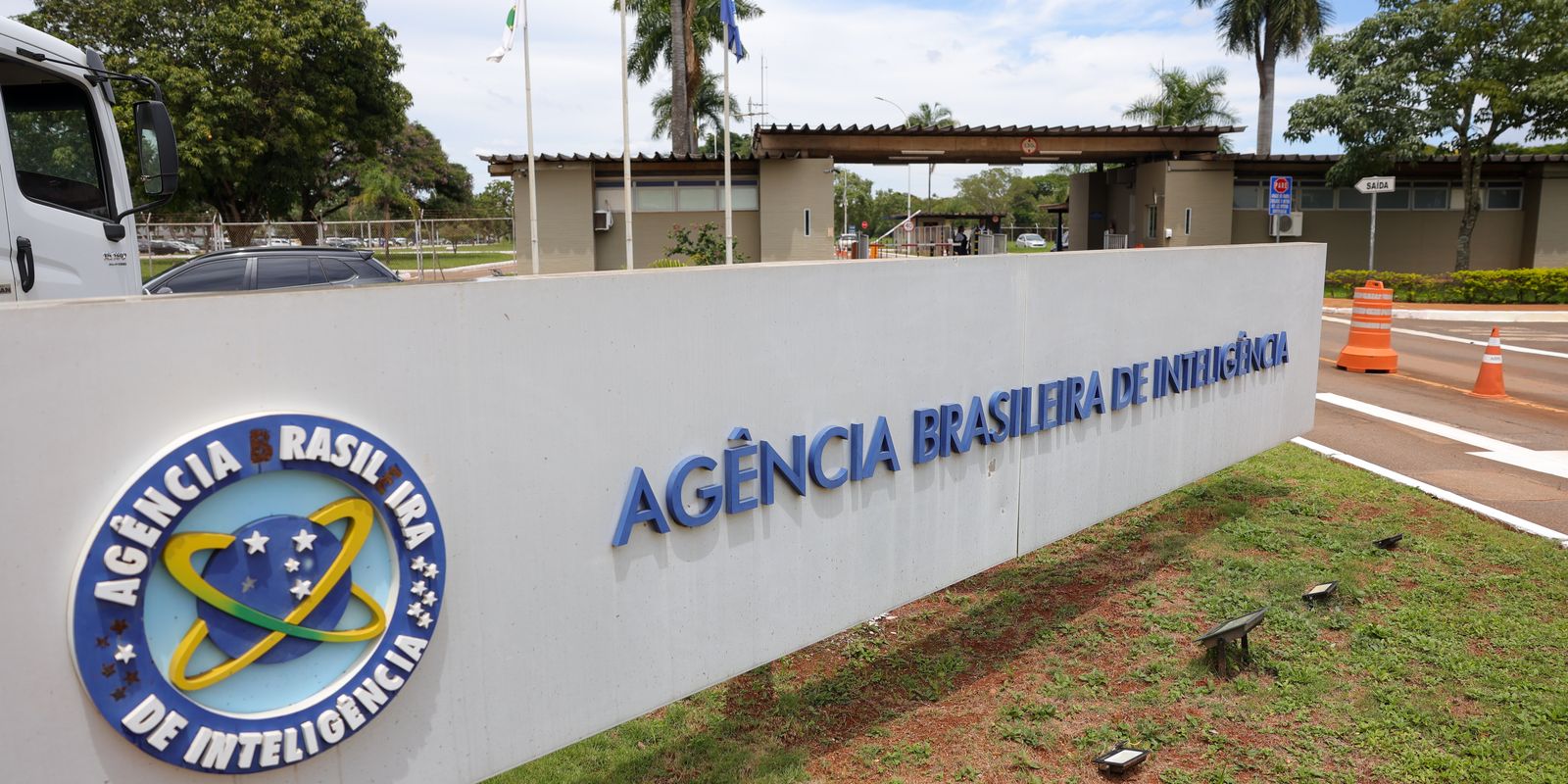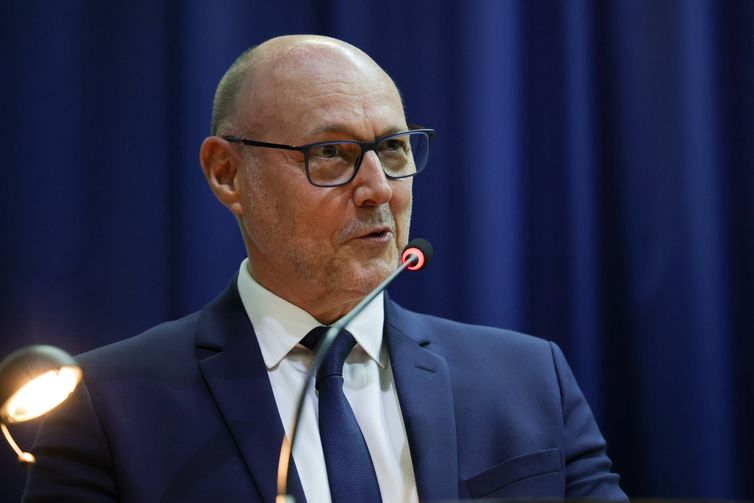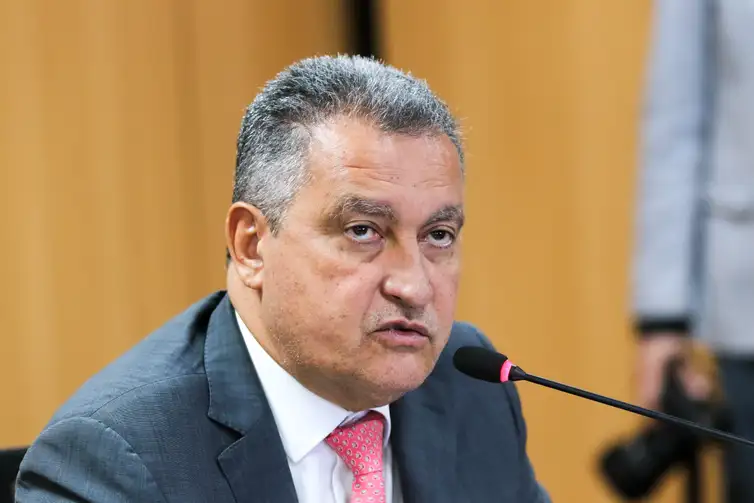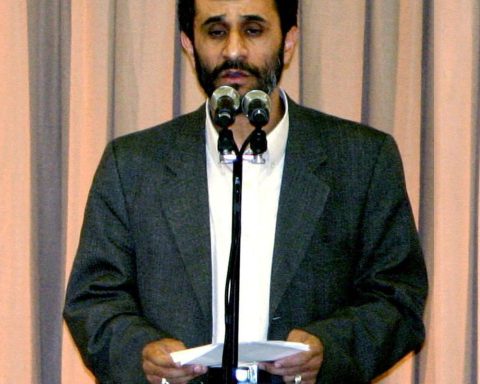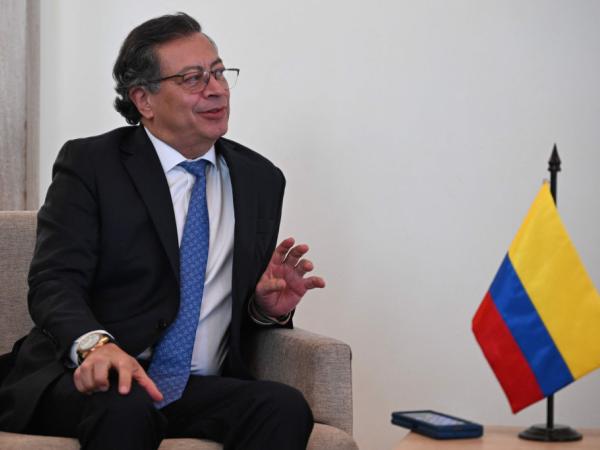The Brazilian Intelligence Agency (Abin) turns 25 this Saturday (7). The anniversary coincides with the federal government’s emphasis on the “comprehensive reformulation” not only of the body responsible for providing the President of the Republic and ministers of State with reliable information and analysis on sensitive and strategic topics, but also of the entire Brazilian Intelligence System (Sisbin ).
“Faced with the transnational challenge represented by the advance of organized crime, violent extremism and informational chaos, our Sisbin needs to be reorganized and our civil intelligence institutions need to be strengthened”, maintains the director general of Abin, Luiz Fernando Corrêa, in the book Intelligence in Democracy: challenges and perspectives for the Brazilian Intelligence Agencylaunched to mark the agency’s quarter century.
According to Corrêa, the restructuring of Sisbin became a government goal after extremist attacks to the headquarters of the Three Powers (Executive, Legislative and Judiciary), on January 8, 2023. The reformulation project began to be put into practice in March last year, when the Palácio do Planalto transferred the Abin to the Civil Housemotivated the Sisbin reformulationin September last year and is supporting the review of National Intelligence Policy and National Intelligence Strategyas proposed under debate within the scope of the Sisbin Advisory Council.
The changes at Abin are based on three pillars: redirection, that is, a review of the agency’s strategic objectives, aligning them with new national and international realities and challenges; reorganization, which seeks to improve the agency’s operational efficiency and response capacity, and, finally, repositioning, to increase transparency and integration between intelligence career professionals and other areas of the federal government and society.
The reorganization of Sisbin takes place around four axes: the strengthening of Abin, whose obligations as a central body of the system were redefined; the repositioning of Consisbin as a high-level advisory body and oversight of national intelligence activity and the reorganization of the bodies that are already part of Sisbin, classifying them into categories, according to their competencies and characteristics.
The fourth axis foresees the expansion of the number of Sisbin participants. Today, the system is made up of 48 bodies and entities of the federal Executive Branch, but with the publication of the Decree 11,693in September last year, and the reorganization of the system, Abin started to negotiate the accession of the 26 states, plus the Federal District. It also created three thematic chambers to allow strategic public or private companies, financial institutions and the entire intelligence system of the Judiciary to regularly participate in the system – to which, until then, they contributed through cooperation agreements.
“Our actions are all linked,” Corrêa told journalists from Brazilian Communication Company (EBC), on Thursday (5). “Nothing is isolated. We are placing Abin to meet the demands of society’s reality. Whether to protect democratic institutions or the environment, or to anticipate the knowledge necessary to guide the decisions of our best public policies”, added Corrêa. Upon assuming the direction of the agency, he and President Lula defined three priority themes: climate change; cyber security and combating extremism and the consequent protection of democracy.
Dictatorship
In the same book (Intelligence in Democracy) in which Corrêa defends a “non-partisan, apolitical, with national action and representation abroad” Abin, professors Priscila Carlos Brandão and Samantha Viz Quadrat, from the federal universities of Minas Gerais (UFMG) and Fluminense ( UFF), respectively, examine the transition process from the extinct National Information Service (SNI) to Abin.
References in the study of intelligence activities, the researchers discuss how practices have evolved in Brazil and how Abin, not today, tries to distance its image from the authoritarian past of the SNI – a body created to coordinate state information and counter-information activities during the dictatorship military (1964-1989) and dedicated himself to spying and repressing critics and opponents of the regime, censoring news and manipulating information. Which, according to news at the time, would have motivated General Golbery do Couto e Silva, its main creator and first leader (1964-1967), to say: “I created a monster”.
The researchers remember that, with redemocratization, the intelligence system began to be reorganized. Which resulted in the extinction of the SNI – although some of the agency’s agents acted first to prevent this from happening; then, to try to reverse the measure. And although they were not successful, they also did not immediately adjust to the new times.
“In the early 1990s, espionage of former political opponents continued to occur, with the presence of agents at university events, party headquarters and social movements”, conclude the researchers based on the analysis of documents now kept by the National Archives.
“The format of the reports and the terms and expressions used have not changed either. Because, at that historical moment, there was no new doctrine or profound change in staff training. Generations of agents trained by the dictatorship, although in reduced numbers compared to what the SNI once was, continued working in bodies in the area in the federal government and in the states. The structure remained militarized for some time, which was not expected or desired in democratic times, but which, with other actions, made clear how the amnesty for civil and military public servants involved in serious violations of human rights, how such continuities harmed the transition to democracy in Brazil” add the researchers before citing recent episodes, such as the “abusive use of surveillance tools and misuse of purposes to serve the family’s private interests [do ex-presidente Jair] Bolsonaro”, and conclude that, “even in the face of significant institutional advances, a permissive culture towards the politically biased use of power resources can give rise to behavior that is at odds with the purposes established legally and doctrinally”.
In the same book, intelligence officer Leonardo Singer Afonso and assistant professor at the Escola Superior de Defesa (ESD), Cintiene Sandes Monfredo Mendes, maintain that, “due to the redemocratization process and the challenges that were imposed” after the end During the dictatorship, Brazilian intelligence systems underwent “more or less drastic adaptations”. In this new context, Sisbin was created, whose legal framework, over time, also ended up proving insufficient “for a democracy like Brazil to deal with a system that represents the maximum level of this highly sensitive sector”.
“In 2023, the readjustment of Sisbin became a priority expressed by the President of the Republic himself [Lula] to Abin, which needed to look into the problems and begin a process of reestablishing the system and State intelligence activity in Brazil”, recognize Leonardo and Cintiene, classifying the current process of reformulating Sisbin as “an initial effort”.
“Brazil, a continental country with significant geopolitical, economic and social challenges, requires intelligence services to match its complexities”, declared the general director of Abin, Luiz Fernando Corrêa, during a ceremony celebrating the agency’s 25th anniversary, held this Thursday (5), in Brasília.
“Under the influence of global transitions and competition between States, threats to democratic institutions and national development have assumed a transnational nature, imposing changes in the traditional way of conducting counterintelligence activities. Faced with this challenge, the president [Lula] recognized the need for a comprehensive reformulation of Abin and Sisbin’s operations”, commented Corrêa, ensuring that Abin’s “repositioning” strategy includes more transparency and openness to dialogue with society in general, in particular with academics and specialists.
The Minister of the Civil House, Rui Costa, to whom Abin is currently subordinate, told journalists from EBC that the “reconstruction” of institutions like Abin serves to place them at the service of the State, and not of rulers. “We are experiencing a period [no qual] Abin’s name was linked to actions that do not comply with the Democratic Rule of Law. So this new intelligence system, this new advice [Consisbin] and this new National Intelligence Policy [já aprovado pelo conselho] guarantee security, capillarity and reaffirm the role of these institutions as defenders of democracy and the law in force”.
